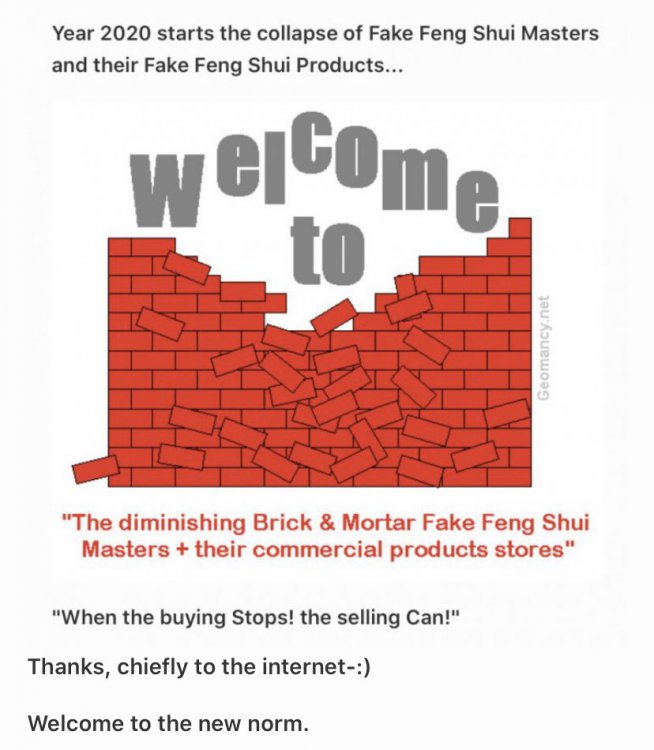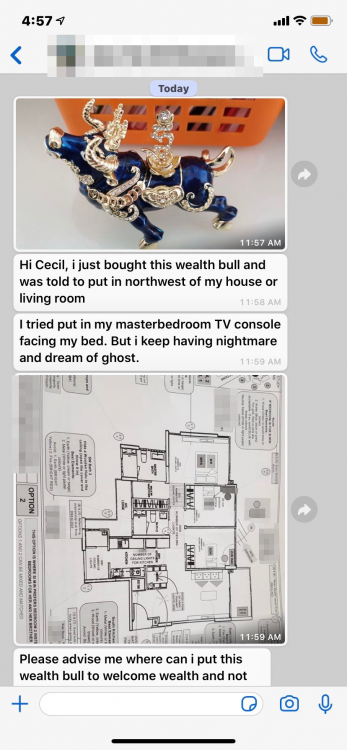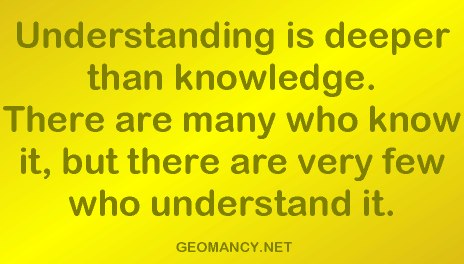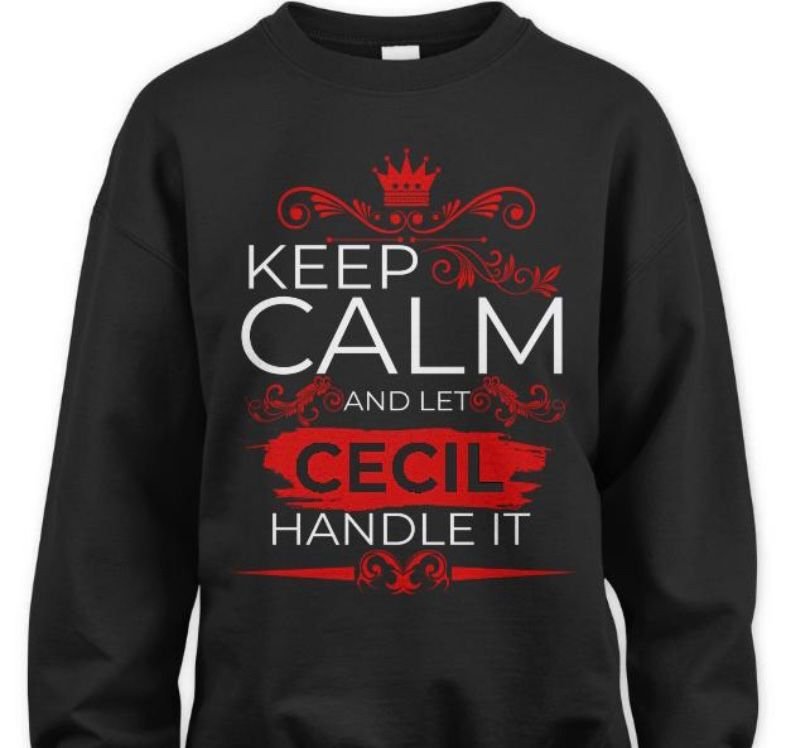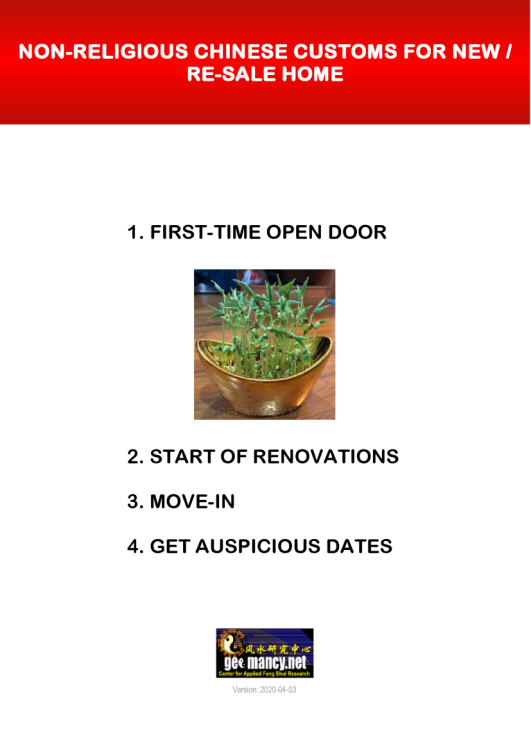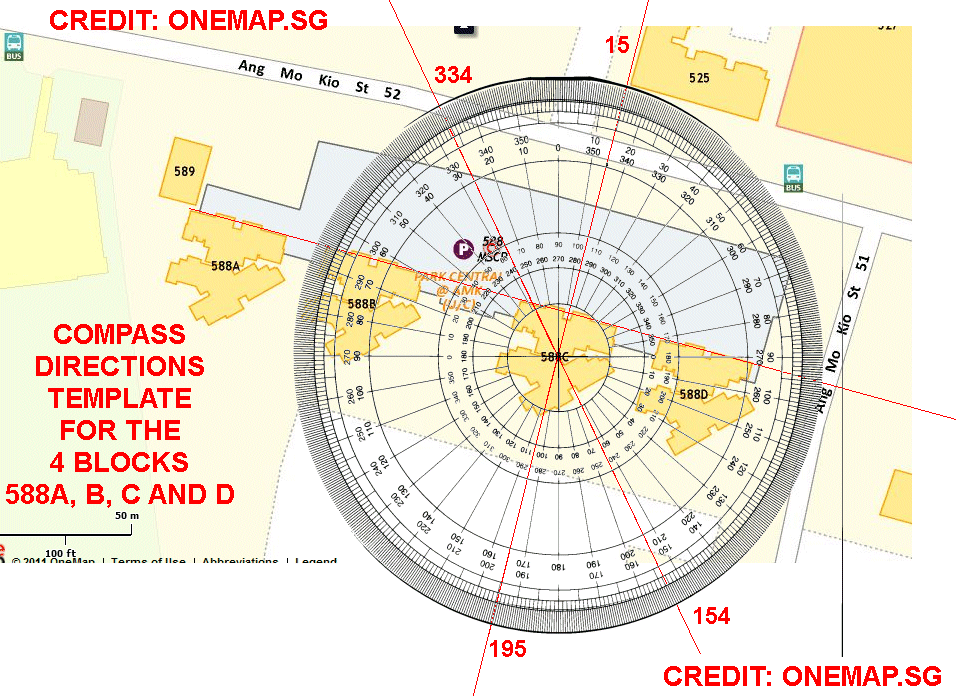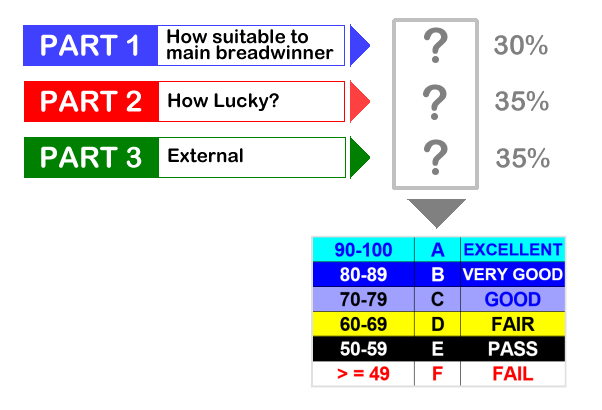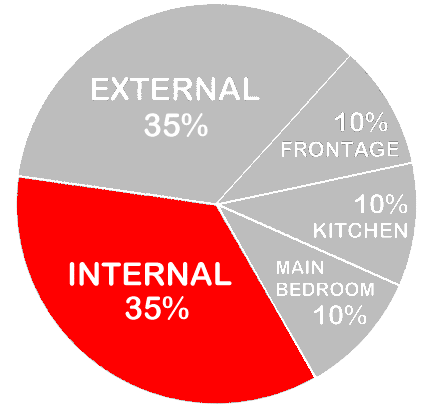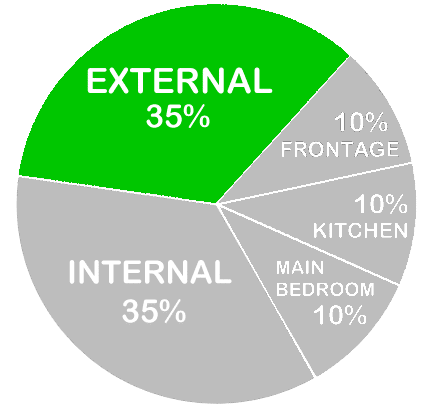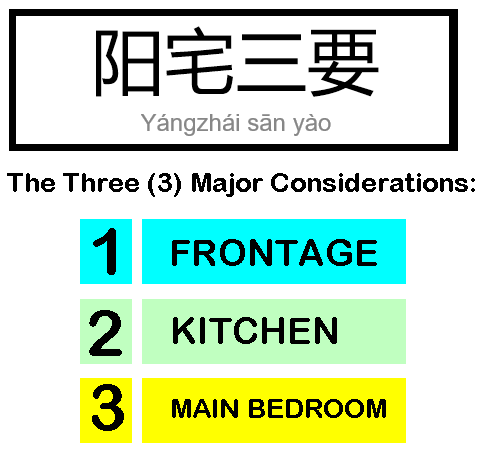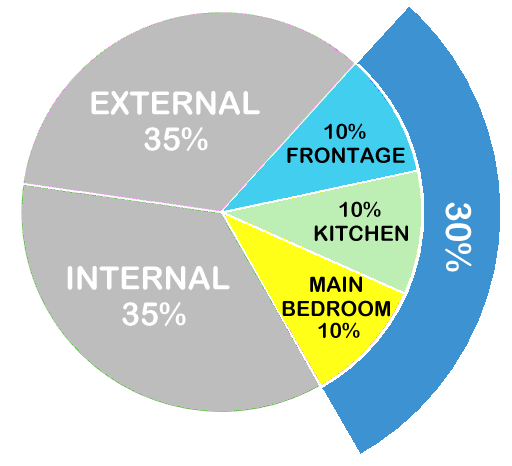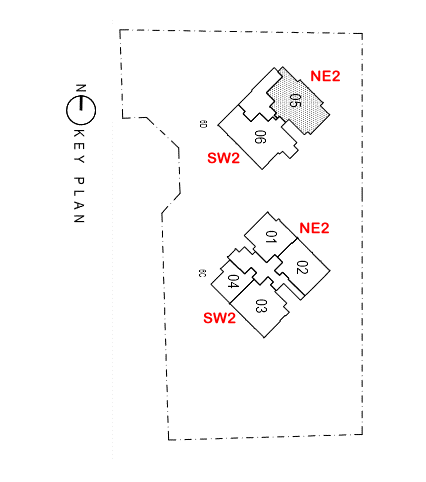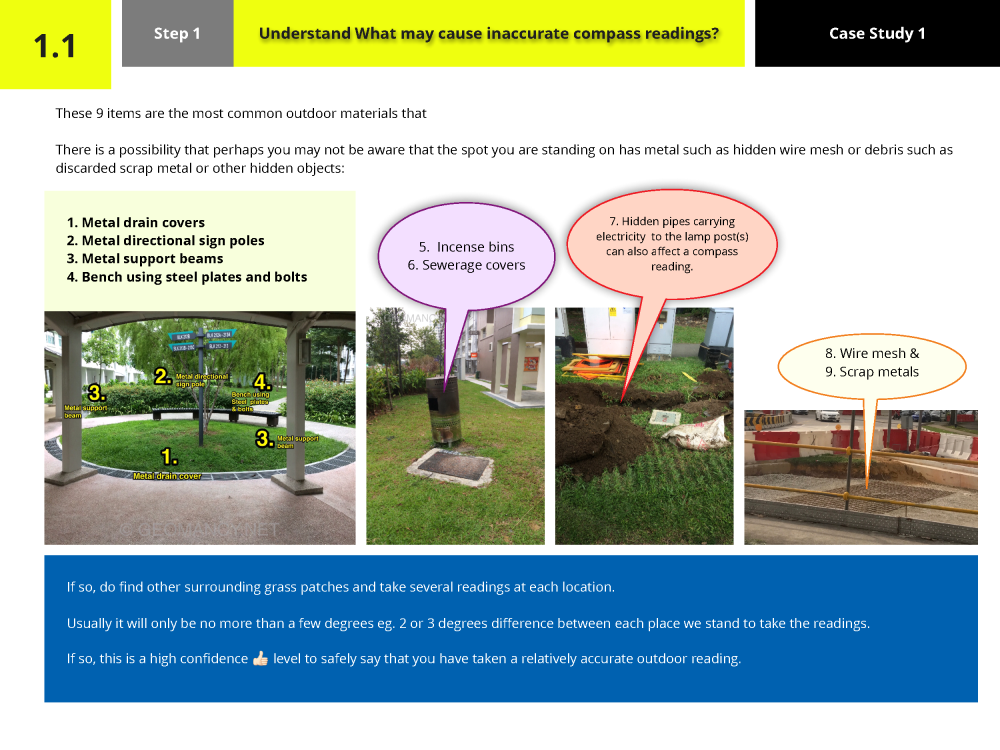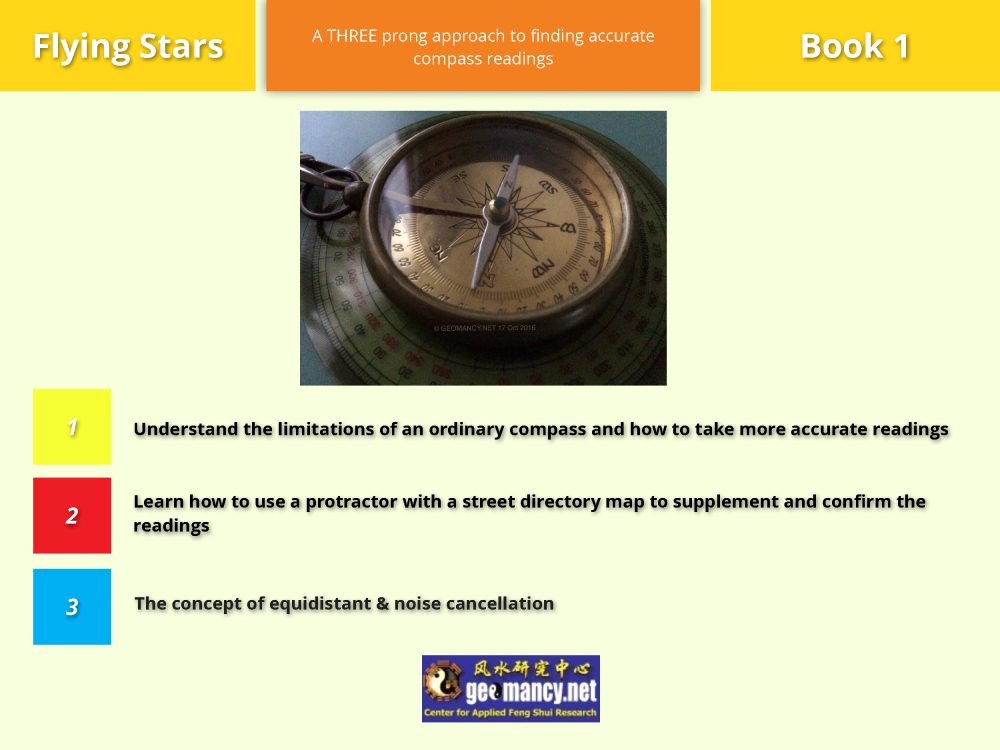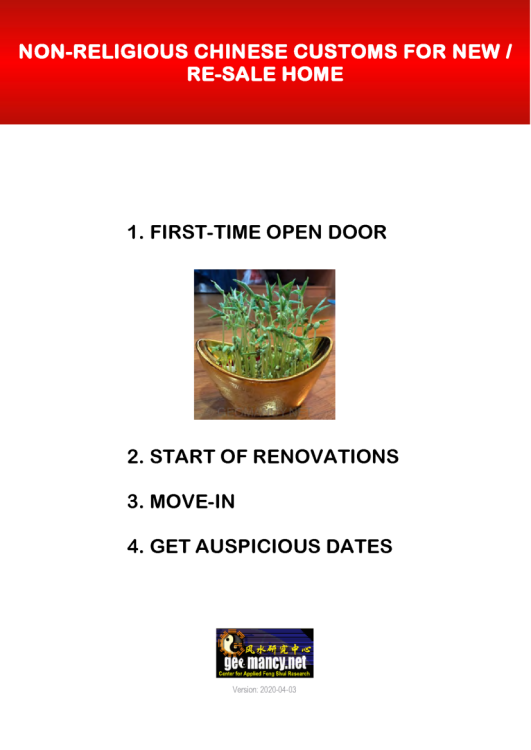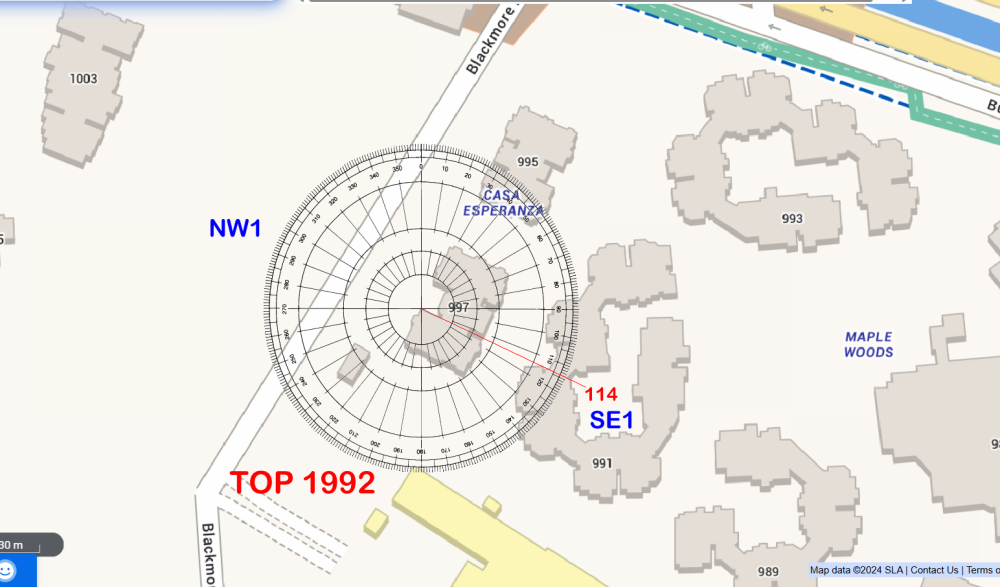-
Posts
35198 -
Joined
-
Last visited
-
Days Won
136
Content Type
Profiles
Forums
Blogs
Events
Gallery
Store
Articles
Everything posted by Cecil Lee
-
Say Goodbye to? Hey! You forgot to make room for us! LOL KISS GOODBYE... Digital Door Viewer, WiFi Peephole Viewer or something like that... Other HDB flats does have a grille gate with a larger opening close to the eye-peep hole to allow a visitor to press the bell. +++ Actual Parc Clover gate. Frankly, if one has a slender hand, it is quite possible to press such a bell.
-

The Waterplace Condo by Far East Site plan
Cecil Lee replied to Cecil Lee's topic in Around Singapore
Toilet in middle of unit? Feng Shui (FS) is not so fragile The ABC's of Feng Shui... 1. That one issue e.g. such as a toilet at the centrepoint is considered a death sentence or fatal error on it's own. 2. There are often more than one issue that can bring the Feng Shui of a house crashing down. And it is based on a holistic approach represented by this PIE Chart. IN SUMMARY The main takeaway is that a single issue, such as a poorly placed toilet, can significantly impact the overall Feng Shui of a house, but it is essential to recognize that multiple factors contribute to this holistic assessment. Therefore, addressing various issues collectively is crucial for maintaining a harmonious living environment. A. How Suitable is this House? Via Science of FS: Part 1 and 2 Via Art of FS: Part 3 External Part 1 = How suitable is the unit - Frontage, Kitchen & Main Bedroom? Frontage, Kitchen, Main Bedroom = 30 Marks (Part 1 accounts for why some homes are suitable to some but not to others.) Part 2 = How is the luck of the Interior Feng Shui of this unit? 35 Marks Part 3 = External Feng Shui luck? 35 Marks Total = 30% + 35%+ 35% = 100 Marks. Note: Thus the toilet at the centrepoint at most falls under Part 2 with just a few percentage points down only. B. Habit No. 3 = Concept of Maximizing Marks is another consideration:- C. Fix-the-leaks, First! -

The Waterplace Condo by Far East Site plan
Cecil Lee replied to Cecil Lee's topic in Around Singapore
2. Is your potential unit under the Good, the Bad or the Ugly? 3. Consider this scenario: the unit resembles a dilapidated 1,000 cc car that has seen better days. Not even a skilled Feng Shui Master could transform it into a desirable unit! 3.1. By the way, (above) this falls under Habit Number 11. 4. Under Habit 1, one possibility is by ranking one's bedroom type by stack/unit: 1st choice, 2nd choice etc... 4.1. Reference: Habit 1 can be found under this link:- -

The Waterplace Condo by Far East Site plan
Cecil Lee replied to Cecil Lee's topic in Around Singapore
Type in the unit number to find out OPTION 1 Please go to this link to check a unit number: https://www.geomancy.net/content/personalised-reports/free-feng-shui-reports/house-number-report/about-house-number-report [Need to create a free account to access it] or OPTION 2 Go to URL: https://login.geomancy.net On the blue navigation on the left, click under Free Reports | House Number. -

The Waterplace Condo by Far East Site plan
Cecil Lee replied to Cecil Lee's topic in Around Singapore
-
BEWARE OF THIS AGE-OLD FENG SHUI SCAM Be warned that certain Feng Shui practitioners in Singapore may misrepresent themselves by operating under the guise of a Feng Shui Store. Potentially exploiting clients through deceptive practices. It emphasizes the importance of vigilance when seeking Feng Shui services to avoid falling victim to such scams. BEWARE OF THIS AGE-OLD FENG SHUI SCAM No wonder, Feng Shui suffers from a bad reputation, today Purchasing products from Feng Shui stores that prioritize profit over authenticity may lead to wasted resources on items that do not genuinely enhance one's environment or well-being. It is advisable to seek out true Feng Shui practices and guidance rather than succumbing to commercialized offerings that lack real value. The text highlights the prevalence of fraudulent Feng Shui practitioners, emphasizing the need for discernment in choosing genuine experts, particularly in light of the challenges posed by the COVID-19 pandemic. This serves as a reminder to critically evaluate the authenticity of services in the wellness and spiritual sectors. P.S. Frankly, I was just being extremely polite. Actually if one got the hint, as the British always say just throw the "bloody" thing away! ASK! MUST I BUY FROM YOU? When the buying Stops! The selling Can! Yes! Ask: "Must I buy from YOU?"
-
GEOMANCY.NET IS THE OLDEST FENG SHUI FORUM IN THE WORLD Geomancy.net holds the distinction of being the oldest Feng Shui forum globally, serving as a significant platform for discussions and insights related to this ancient practice. Its longevity underscores its importance as a Leader in the field of Feng Shui. How can we help you today? GET EXPERT HELP: IMPROVE YOUR HEALTH, WEALTH & HAPPINESS TODAY Comprehensive Home Package [A.]: On-site or [B.]: Off-site for HDB / Condo / EC & Landed Properties for New/Re-Sale House or facing financial/ marriage/ relationship/ health issues Do you offer a 1 visit On-site audit? How much? " As much as we see, Geomancy.net has great web presence built up over the years and is seen as one of the SG market leaders in residential house audit. " Success starts with good Feng Shui Transparent Pricing & No Hidden Costs. No Purchase of Products. Cecil Lee, +65 9785-3171 / support@geomancy.net House Hunting? We will help you select the most auspicious unit! Learn More The Experts in House Hunting AUSPICIOUS DATES FOR ONE OR TWO PERSONS Please visit 30 Days Auspicious Date for ONE or TWO Person(s) - FengShui.Geomancy.Net +++ Related: Non-Religious Chinese Customs For New Re-Sale Home +++ ALL ELSE KEEP CALM AND LET CECIL HANDLE IT
-
Type in the unit number to find out OPTION 1 Please go to this link to check a unit number: https://www.geomancy.net/content/personalised-reports/free-feng-shui-reports/house-number-report/about-house-number-report [Need to create a free account to access it] or OPTION 2 Go to URL: https://login.geomancy.net On the blue navigation on the left, click under Free Reports | House Number.
-
AS WE ENTER PERIOD 9 FLYING STAR FENG SHUI FROM 2024 TILL 2043 WHICH UNITS ARE LUCKY? Part 1: How is the luck of the Internal Feng Shui of this unit? Part 2: External Feng Shui luck? Part 3: How suitable is the unit - Frontage, Kitchen & Main Bedroom? PART 1 = 35% Depends on the Internal Layout & Sectors - How Lucky? Summary of Facing Directions in this development Each block has two units that directly face the car-park and parallel to Ang Mo Kio Street 52. These apartments based on Streetdirectory map (onemap.sg) is at 15 degrees facing. 3. The rest of the units or stacks either face 154 degrees and/or 195 degrees. 15 degrees or N3 154 degress or SE3 195 degrees or S3 Good, Better, Best! N3 = Better luck under Period 9. From 2024 till 2043. +++ The Rest! SE3 = Less lucky under Period 9. But also depends on layout. As Current Prosperity Career and Overall Luck is trapped or wasted at the centrepoint of the unit. +++ S3 = Less lucky under Period 9. As formerly double #8's at it's frontage had now become Past or Gone Luck! ++++++++++++++++++++++++++++++++++ But also need to review/consider the individual Internal Layout Plan & this is just part of the many considerations in a home purchase. However the above does not take into consideration things like: Kitchen/Stove at Inauspicious Fire @ Heaven's Gate or Poison arrow aimed towards the unit, proximity to common bin etc.. +++++++++++++++++++++++++++ +++++++++++++++++ ++++ PART 2 = 35% Location, location, location? Sha Qi? Poison Arrow? Watch Your Front, Sides & Back! Our New e-Book 12 Practical Tips for Choosing a new BTO Flat with External Feng Shui Considerations POOR SCORE? THESE ARE SOME CONCERNS: Sha Qi or Poison arrow(s) from Sharp Corner(s) 天斩煞 (tiān zhǎn shà) = Tian Zhan Sha etc... +++++++++++++++++++++++++++ +++++++++++++++++ ++++ PART 3 = 30% How Suitable to breadwinner? Please note that has yet to take into consideration: 1. How suitable is the unit to the main breadwinner & 2. External Shapes and Forms of the unit TOTAL SCORE = 35 + 35 + 30 = 100% Get Expert Help: ++++++++++++++++++ +++++++++ How do you Feng Shui your home? Use your front door? Who are the Conservatives & the Modernist? Applies to Homes that previously T.O.P. between Years 2004 to 2023...
-

Arina East Residences @ 6D Tanjong Rhu Road
Cecil Lee replied to Cecil Lee's topic in Around Singapore
Arina East Residences Floor Plans Arina-East-Residences-Floor-Plans.pdf -

Arina East Residences @ 6D Tanjong Rhu Road
Cecil Lee replied to Cecil Lee's topic in Around Singapore
BEWARE OF THIS AGE-OLD FENG SHUI SCAM Be warned that certain Feng Shui practitioners in Singapore may misrepresent themselves by operating under the guise of a Feng Shui Store. Potentially exploiting clients through deceptive practices. It emphasizes the importance of vigilance when seeking Feng Shui services to avoid falling victim to such scams. BEWARE OF THIS AGE-OLD FENG SHUI SCAM No wonder, Feng Shui suffers from a bad reputation, today Purchasing products from Feng Shui stores that prioritize profit over authenticity may lead to wasted resources on items that do not genuinely enhance one's environment or well-being. It is advisable to seek out true Feng Shui practices and guidance rather than succumbing to commercialized offerings that lack real value. The text highlights the prevalence of fraudulent Feng Shui practitioners, emphasizing the need for discernment in choosing genuine experts, particularly in light of the challenges posed by the COVID-19 pandemic. This serves as a reminder to critically evaluate the authenticity of services in the wellness and spiritual sectors. P.S. Frankly, I was just being extremely polite. Actually if one got the hint, as the British always say just throw the "bloody" thing away! ASK! MUST I BUY FROM YOU? When the buying Stops! The selling Can! Yes! Ask: "Must I buy from YOU?" -

Arina East Residences @ 6D Tanjong Rhu Road
Cecil Lee replied to Cecil Lee's topic in Around Singapore
GEOMANCY.NET IS THE OLDEST FENG SHUI FORUM IN THE WORLD Geomancy.net holds the distinction of being the oldest Feng Shui forum globally, serving as a significant platform for discussions and insights related to this ancient practice. Its longevity underscores its importance as a Leader in the field of Feng Shui. How can we help you today? GET EXPERT HELP: IMPROVE YOUR HEALTH, WEALTH & HAPPINESS TODAY Comprehensive Home Package [A.]: On-site or [B.]: Off-site for HDB / Condo / EC & Landed Properties for New/Re-Sale House or facing financial/ marriage/ relationship/ health issues Do you offer a 1 visit On-site audit? How much? " As much as we see, Geomancy.net has great web presence built up over the years and is seen as one of the SG market leaders in residential house audit. " Success starts with good Feng Shui Transparent Pricing & No Hidden Costs. No Purchase of Products. Cecil Lee, +65 9785-3171 / support@geomancy.net House Hunting? We will help you select the most auspicious unit! Learn More The Experts in House Hunting AUSPICIOUS DATES FOR ONE OR TWO PERSONS Please visit 30 Days Auspicious Date for ONE or TWO Person(s) - FengShui.Geomancy.Net +++ Related: Non-Religious Chinese Customs For New Re-Sale Home -

Arina East Residences @ 6D Tanjong Rhu Road
Cecil Lee replied to Cecil Lee's topic in Around Singapore
D.I.Y. House Hunting Kit: Success starts with good Feng Shui Transparent Pricing & No Hidden Costs. No Purchase of Products. Cecil Lee, +65 9785-3171 / support@geomancy.net House Hunting? We will help you select the most auspicious unit! Learn More The Experts in House Hunting ALL ELSE KEEP CALM AND LET CECIL HANDLE IT -

Arina East Residences @ 6D Tanjong Rhu Road
Cecil Lee replied to Cecil Lee's topic in Around Singapore
Type in the unit number to find out OPTION 1 Please go to this link to check a unit number: https://www.geomancy.net/content/personalised-reports/free-feng-shui-reports/house-number-report/about-house-number-report [Need to create a free account to access it] or OPTION 2 Go to URL: https://login.geomancy.net On the blue navigation on the left, click under Free Reports | House Number. -

Arina East Residences @ 6D Tanjong Rhu Road
Cecil Lee replied to Cecil Lee's topic in Around Singapore
AS WE ENTER PERIOD 9 FLYING STAR FENG SHUI FROM 2024 TILL 2043 WHICH UNITS ARE LUCKY? Part 1: How is the luck of the Internal Feng Shui of this unit? Part 2: External Feng Shui luck? Part 3: How suitable is the unit - Frontage, Kitchen & Main Bedroom? PART 1 = 35% Depends on the Internal Layout & Sectors - How Lucky? There are only two facing directions for this development: NE2 or SW2 Good, Better, Best! NE2 = Very Lucky. Frontage has the auspicious double #9's. +++ The Rest! SW2 = Less Lucky as wealth luck [Double 9's] wasted at the rear. ++++++++++++++++++++++++++++++++++ But also need to review/consider the individual Internal Layout Plan & this is just part of the many considerations in a home purchase. However the above does not take into consideration things like: Kitchen/Stove at Inauspicious Fire @ Heaven's Gate or Poison arrow aimed towards the unit, proximity to common bin etc.. +++++++++++++++++++++++++++ +++++++++++++++++ ++++ PART 2 = 35% Location, location, location? Sha Qi? Poison Arrow? Watch Your Front, Sides & Back! Our New e-Book 12 Practical Tips for Choosing a new BTO Flat with External Feng Shui Considerations POOR SCORE? THESE ARE SOME CONCERNS: Sha Qi or Poison arrow(s) from Sharp Corner(s) 天斩煞 (tiān zhǎn shà) = Tian Zhan Sha etc... +++++++++++++++++++++++++++ +++++++++++++++++ ++++ PART 3 = 30% How Suitable to breadwinner? Please note that has yet to take into consideration: 1. How suitable is the unit to the main breadwinner & 2. External Shapes and Forms of the unit TOTAL SCORE = 35 + 35 + 30 = 100% Get Expert Help: ++++++++++++++++++ +++++++++ How do you Feng Shui your home? Use your front door? Who are the Conservatives & the Modernist? -
Compass readings differ based on the spot from which they are taken. Compass readings vary by location due to magnetic declination, which is the angle difference between magnetic north and true north. Understanding how to take accurate readings is essential for effective application of Flying Star Feng Shui EXTRACT / SAMPLE
-
Compass readings differ based on the spot from which they are taken. Compass readings vary by location due to magnetic declination, which is the angle difference between magnetic north and true north. Understanding how to take accurate readings is essential for effective application of Flying Star Feng Shui EXTRACT / SAMPLE
-
Please visit 30 Days Auspicious Date for ONE or TWO Person(s) - FengShui.Geomancy.Net +++ Related: Non-Religious Chinese Customs For New Re-Sale Home
-
GEOMANCY.NET IS THE OLDEST FENG SHUI FORUM IN THE WORLD Geomancy.net holds the distinction of being the oldest Feng Shui forum globally, serving as a significant platform for discussions and insights related to this ancient practice. Its longevity underscores its importance as a Leader in the field of Feng Shui. How can we help you today? GET EXPERT HELP: IMPROVE YOUR HEALTH, WEALTH & HAPPINESS TODAY Comprehensive Home Package [A.]: On-site or [B.]: Off-site for HDB / Condo / EC & Landed Properties for New/Re-Sale House or facing financial/ marriage/ relationship/ health issues Do you offer a 1 visit On-site audit? How much? " As much as we see, Geomancy.net has great web presence built up over the years and is seen as one of the SG market leaders in residential house audit. " Success starts with good Feng Shui Transparent Pricing & No Hidden Costs. No Purchase of Products. Cecil Lee, +65 9785-3171 / support@geomancy.net House Hunting? We will help you select the most auspicious unit! Learn More The Experts in House Hunting AUSPICIOUS DATES FOR ONE OR TWO PERSONS Please visit 30 Days Auspicious Date for ONE or TWO Person(s) - FengShui.Geomancy.Net +++ Related: Non-Religious Chinese Customs For New Re-Sale Home +++ ALL ELSE KEEP CALM AND LET CECIL HANDLE I
-
Type in the unit number to find out OPTION 1 Please go to this link to check a unit number: https://www.geomancy.net/content/personalised-reports/free-feng-shui-reports/house-number-report/about-house-number-report [Need to create a free account to access it] or OPTION 2 Go to URL: https://login.geomancy.net On the blue navigation on the left, click under Free Reports | House Number.
-
AS WE ENTER PERIOD 9 FLYING STAR FENG SHUI FROM 2024 TILL 2043 WHICH UNITS ARE LUCKY? Part 1: How is the luck of the Internal Feng Shui of this unit? Part 2: External Feng Shui luck? Part 3: How suitable is the unit - Frontage, Kitchen & Main Bedroom? PART 1 = 35% Depends on the Internal Layout & Sectors - How Lucky? T.O.P. in 1992 There are only two facing directions for this development: NW1 or SE1 Good, Better, Best! SE1 [Certainly better luck under Period 9. Again depends on the layout plan.] +++ The Rest! NW1 [Unlucky. But the degree depends on the layout plan.] +++ ++++++++++++++++++++++++++++++++++ But also need to review/consider the individual Internal Layout Plan & this is just part of the many considerations in a home purchase. However the above does not take into consideration things like: Kitchen/Stove at Inauspicious Fire @ Heaven's Gate or Poison arrow aimed towards the unit, proximity to common bin etc.. +++++++++++++++++++++++++++ +++++++++++++++++ ++++ PART 2 = 35% Location, location, location? Sha Qi? Poison Arrow? Watch Your Front, Sides & Back! Our New e-Book 12 Practical Tips for Choosing a new BTO Flat with External Feng Shui Considerations POOR SCORE? THESE ARE SOME CONCERNS: Sha Qi or Poison arrow(s) from Sharp Corner(s) 天斩煞 (tiān zhǎn shà) = Tian Zhan Sha etc... +++++++++++++++++++++++++++ +++++++++++++++++ ++++ PART 3 = 30% How Suitable to breadwinner? Please note that has yet to take into consideration: 1. How suitable is the unit to the main breadwinner & 2. External Shapes and Forms of the unit TOTAL SCORE = 35 + 35 + 30 = 100% Get Expert Help: ++++++++++++++++++ +++++++++ How do you Feng Shui your home? Use your front door? Who are the Conservatives & the Modernist?
-
-

The Waterplace Condo by Far East Site plan
Cecil Lee replied to Cecil Lee's topic in Around Singapore
Forecast
Free Reports
Useful Handbooks Guides
Feng Shui
- Feng Shui Resources
- Fun with Feng Shui
- Photo & Pictures
- Encylopedia of Feng Shui
- Singapore Property Review
Chinese Horoscope
Palmistry
Feng Shui Consultation
Services
Order & Download Forms
Main Navigation
Search



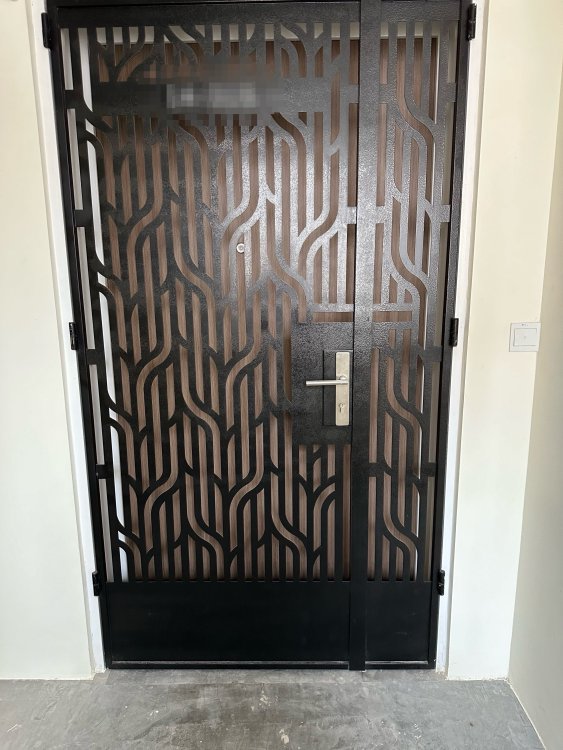
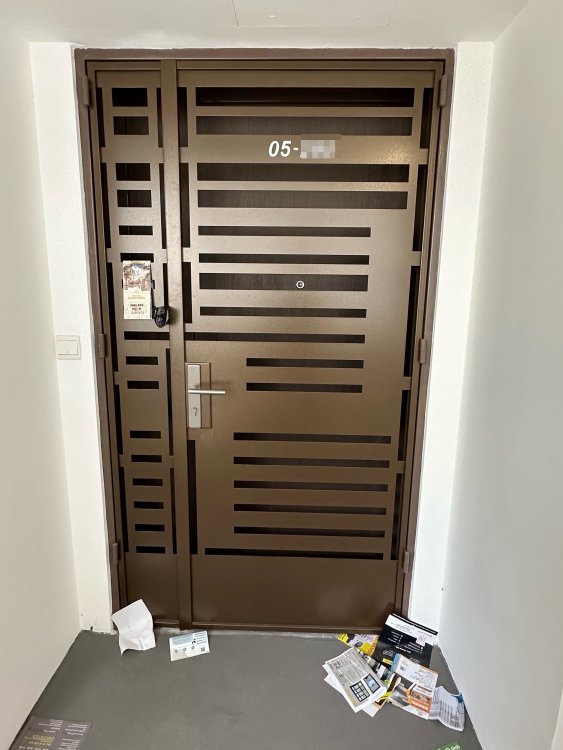
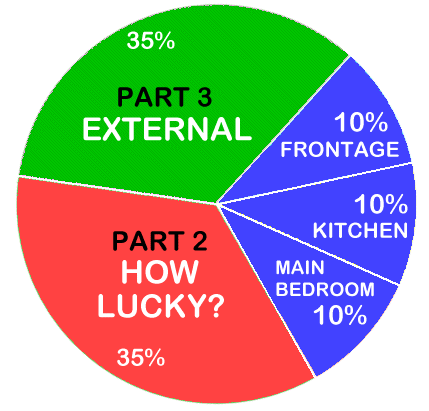
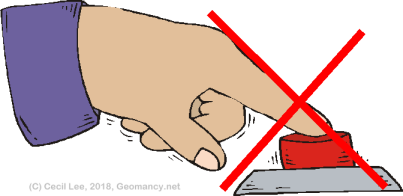

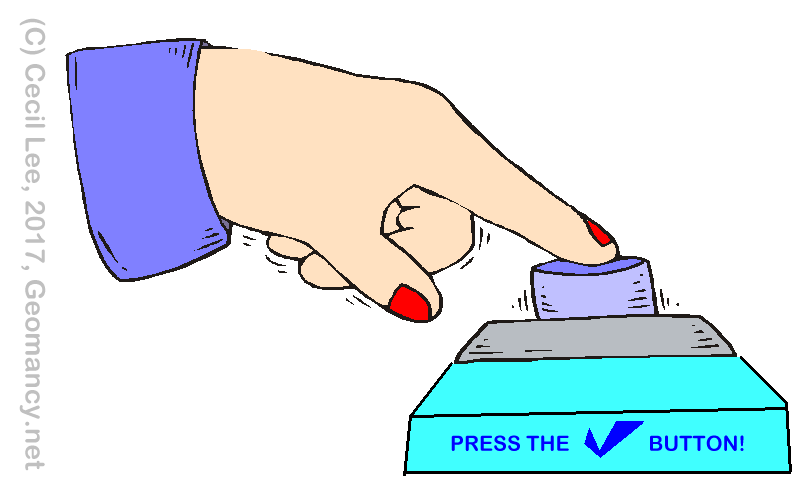
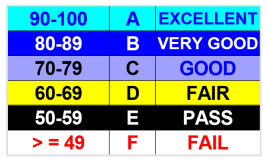

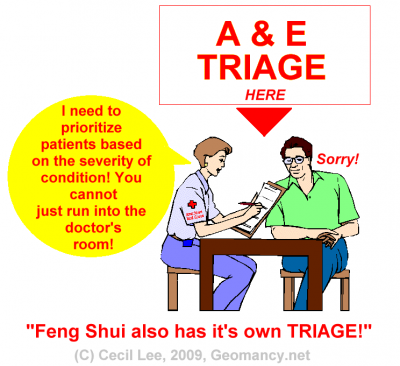
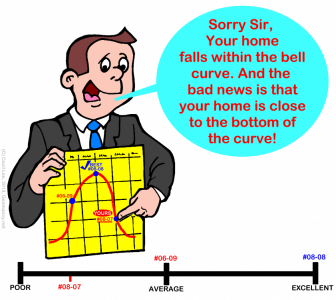
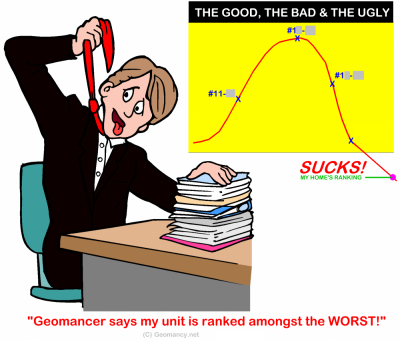

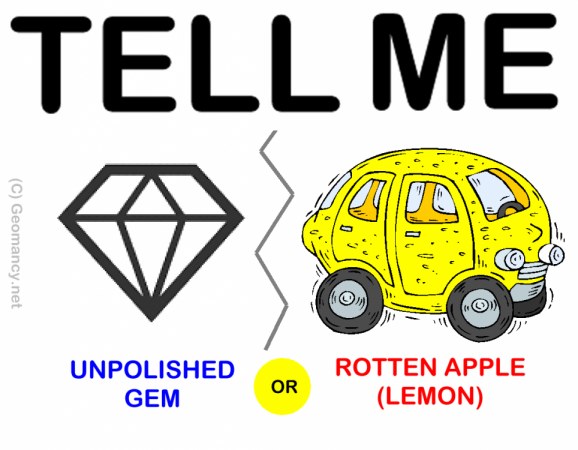

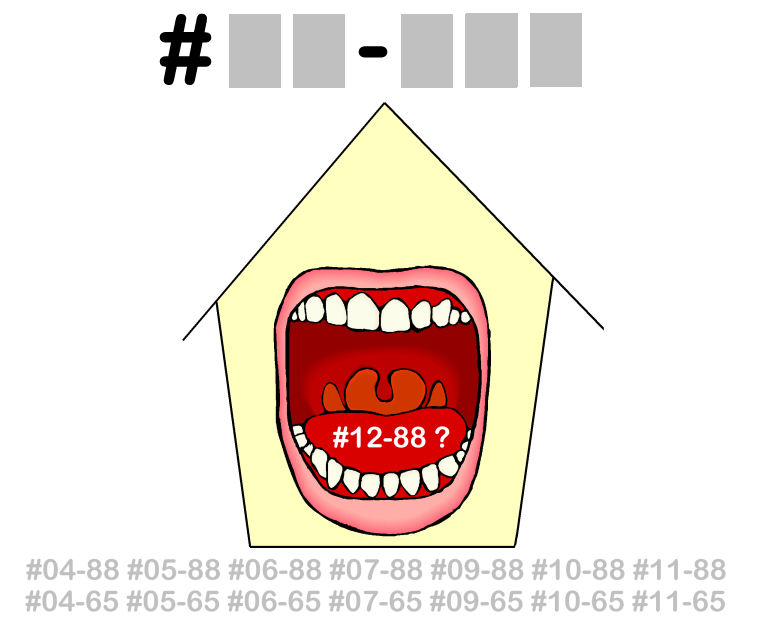

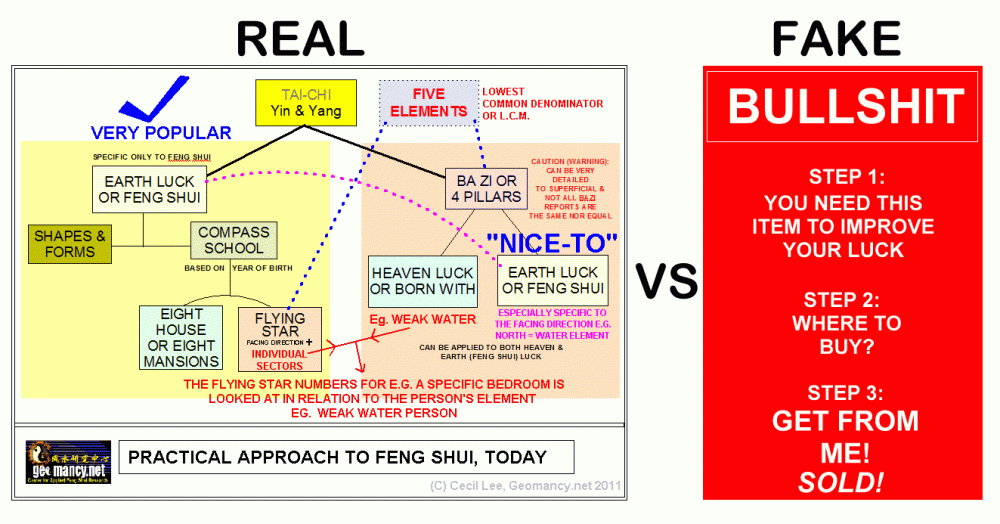




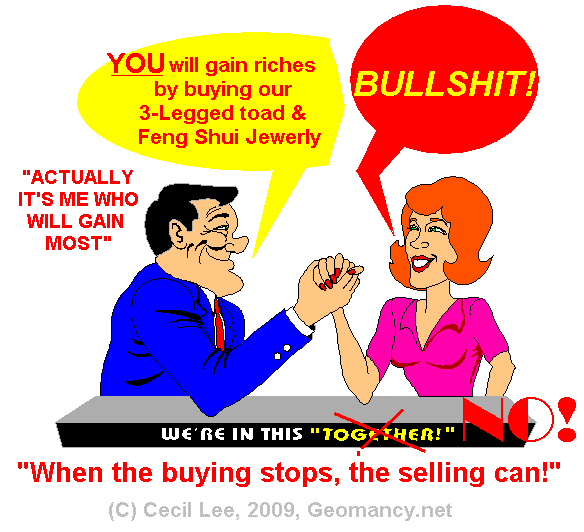
.thumb.png.5d36232667c117aff70d0f27489bd1e5.png)
.png.c0275297a424b760491eaa12c35b1d30.png)
.png.a4a889053737bed4b9f1b4db20d9dbc6.png)

